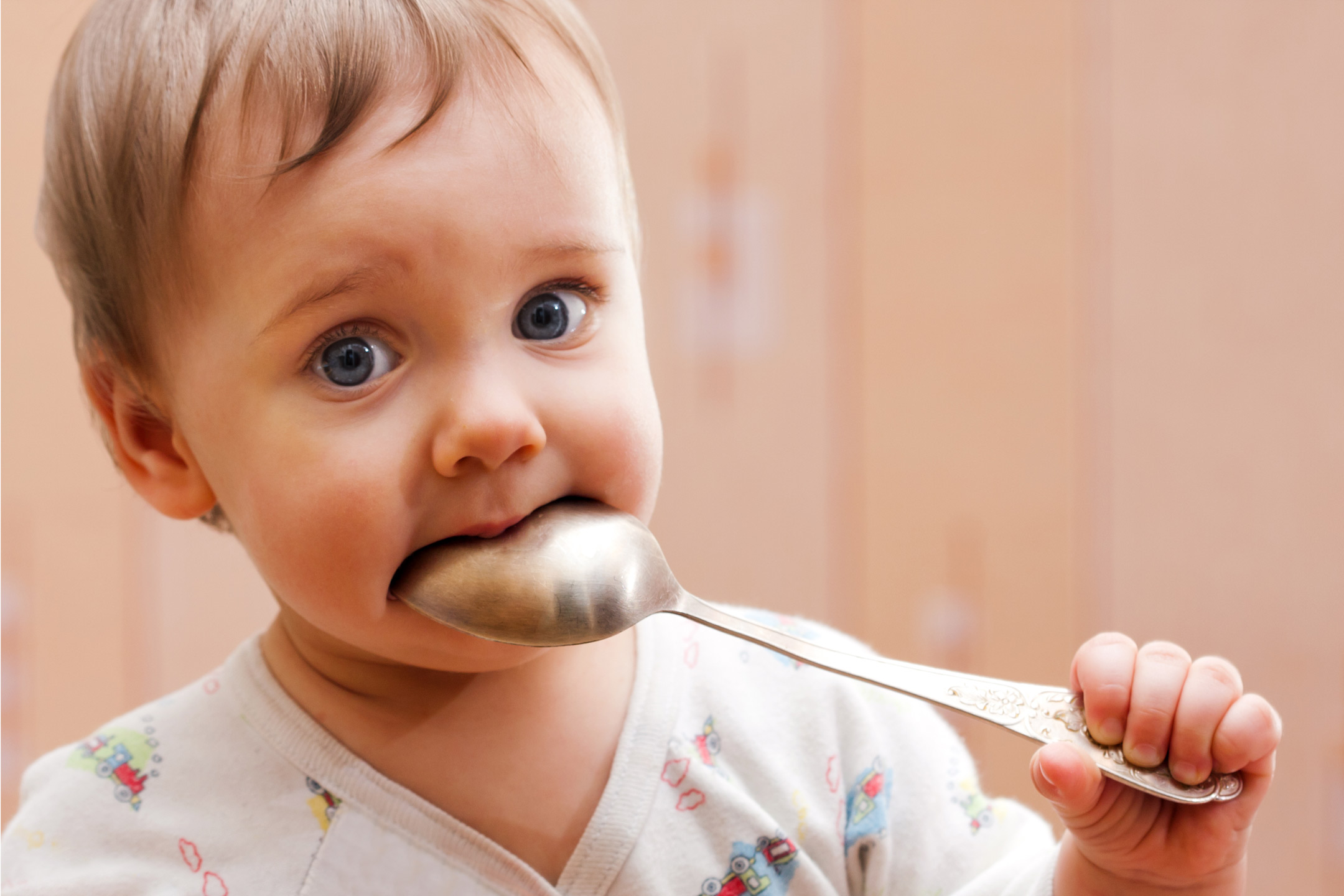
30 Sep Dealing with fussy eating in children
If meals with your children are ruled by what they refuse to eat, consider a dietitian’s advice on how to tackle fussy eating and win mealtime back.
There is no strict definition of what makes a child a fussy eater, but it’s something parents should know how to tackle – and in rare cases it might be a sign of an underlying condition, a paediatric clinical dietitian at UNSW Sydney says.
Dr Jennifer Cohen (a mother of a six-year-old and eight-year-old ) of UNSW Medicine has been working in childhood nutrition for more than 15 years, specialising in paediatric oncology nutrition – children’s diets during cancer treatment.
“It’s actually normal for a child to go through a fussy eating stage; up to 50 per cent of kids between one to two years old will be fussy eaters at some stage. We call that behavioural fussy eating and the theory behind why it happens is at that age, their growth has slowed down,” Dr Cohen said.
“A child’s body is focusing on more mental development – talking, walking, becoming physically active. The theory is kids don’t need as much food – they’re not as hungry because they’re not growing as much.
“A related theory is that while there’s so much brain development going on, the sensory system almost shuts down and because eating is such a sensory experience – involving taste, touch, smell, sound – if your brain is occupied with other tasks rather than the senses, food just doesn’t taste as good or is not as enjoyable as it used to be.”
Dr Cohen said the one to two-year-old age group featured the “perfect storm” of factors leading to behavioural fussy eating.
“To add to the changes going on in their body, we also have a toddler’s assertiveness to consider: it’s like trying to get your child dressed and to put their shoes on – the more you want them to do it, the less likely they’re going to comply,” she said.
“While there is no formal definition of fussy eating, we tend to say it’s if a child is eating a low variety of foods – fewer than 20 different foods – or if they are removing entire food groups, such as vegetables or meat.”
Fussy eating and underlying conditions
Dr Cohen said parents needed to watch out for children who were fussy eaters from the moment they started on solid foods, including those who tended to remove foods but never went back to eating them.
“A child starts eating solid foods from four to six months old and they might take pureed food, but some can never take more than puree. Potentially, that’s because they haven’t learnt how to chew and swallow.” she said.
“There are multiple reasons why a child has not learnt how to chew and swallow; for example, some kids are highly sensitive to smells or touch and because food is such a sensory experience, eating certain foods might be unpleasant to them.
Health implications of fussy eating
Dr Cohen said about 10 per cent of children never grew out of fussy eating and remained picky eaters into adulthood.
“It’s an unfortunate number, but fussy eating can persist and it can become a problem if it turns into food aversion and that leads to food phobia.” she said.
“It’s rare for fussy eating to hinder a child’s growth or develop into a condition as serious as scurvy, for example, which is a disease caused by nutritional deficiency of vitamin C from not eating fruit or vegetables.
“Generally, fussy eaters will still consume enough calories – they’re just not getting it from a good variety of food. So, the more common scenario in fussy eaters is to see things like nutrient deficiencies; for example, iron or zinc deficiencies can be a big problem or, if a child is not eating meat or dairy, they could become deficient in vitamin B12.”
Dr Cohen said paediatricians or dieticians usually detected such nutrient deficiencies before they developed into a bigger problem, however, and they advised at-risk children to take multivitamin supplements.

